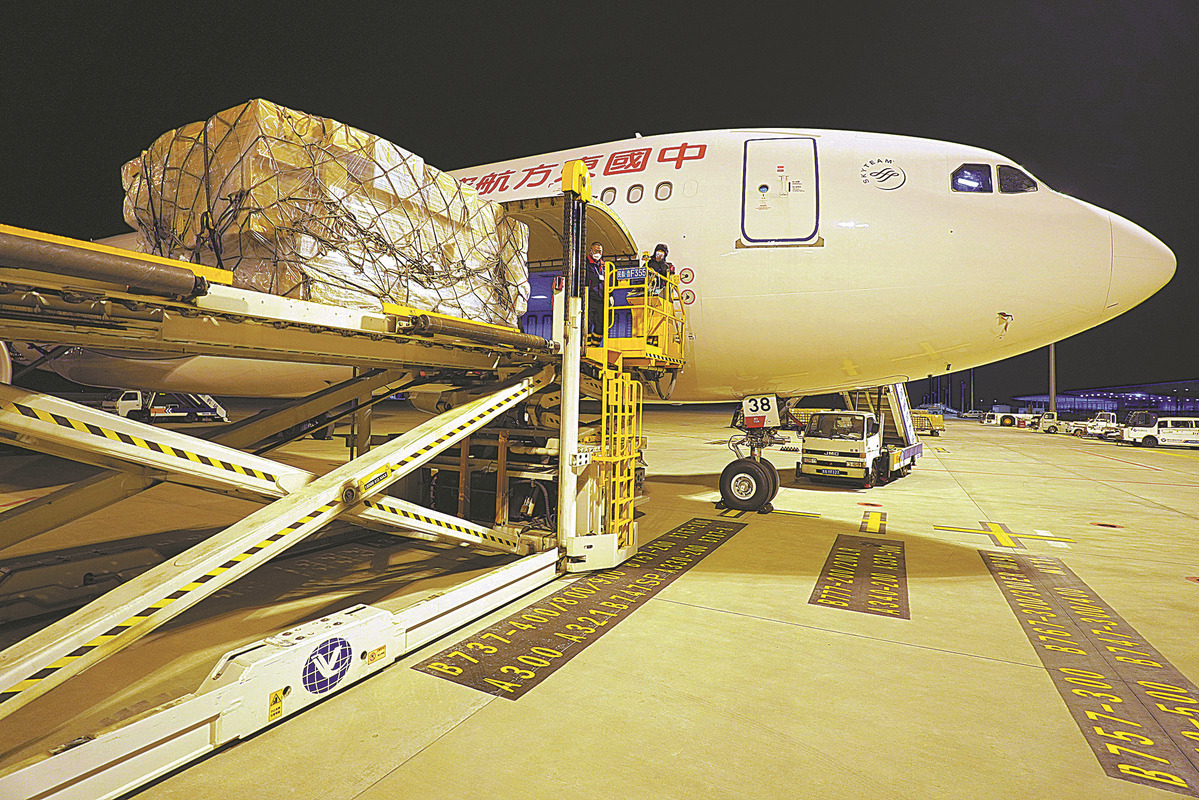Nation casts EU relations in growth mold


China's development offers an opportunity, and not a challenge or "threat", to the European Union, and the two sides share more for cooperation than competition, China's Commerce Minister Wang Wentao said on Tuesday.
Wang told a media briefing in Beijing that China is willing to join hands with the EU to promote the Belt and Road Initiative and align with the EU's Global Gateway, an infrastructure initiative announced last year, while expanding cooperation and deepening related mechanisms.
"It is normal for the two sides to have differences and disputes due to different histories and cultures, social systems and development stages, but the two sides could strengthen communication to promote healthy competition," he said, adding China and the EU are partners, not rivals.
The two sides could have pragmatic cooperation in COVID-19 containment, green, digital, financial and technology areas among many others, and should jointly advance the ratification and entry into force of the EU-China Comprehensive Agreement on Investment, to inject more stability and positive energy for bilateral relations, Wang said.
They could step up coordination and cooperation under multilateral frameworks such as the G20, the United Nations, and the World Trade Organization, to promote the implementation of global development initiatives, maintain the multilateral trading system with the WTO at the core, and promote the WTO reforms toward right direction, he added.
"We must adhere to openness and inclusiveness, abandon zero-sum mindset, oppose protectionism, and deepen market opening-up," Wang said.
"China and the EU could strengthen bilateral cooperation, as well as cooperation in the third-party markets, which will not only contribute to the economic development of both sides, but also the recovery and stable development of the world economy."
Cui Fan, a professor of international trade at the University of International Business and Economics in Beijing, said China and the EU should enhance communication to remove obstacles to the implementation of their bilateral investment agreement.
According to Zhou Mi, a senior researcher at the Chinese Academy of International Trade and Economic Cooperation, China and the EU already have a solid cooperation base that has huge potential for growth, especially because the global supply chain is under disruptions and the two sides share broad common interests in multilateral economic and trade rules including that under the WTO.
"The EU and China should take more initiatives to jointly promote pragmatic cooperation," Zhou said. The two sides, he said, are expected to advance long-term economic and trade cooperation, including mechanism-based cooperation arrangements, which will reduce uncertainties for enterprises seeking to grow.
Based on shared interests and the world economic development trend, the two sides should also strengthen cooperation and coordination in new areas that have no widely established rules, like e-commerce and anti-trust regulation in the digital economy, he said.




































